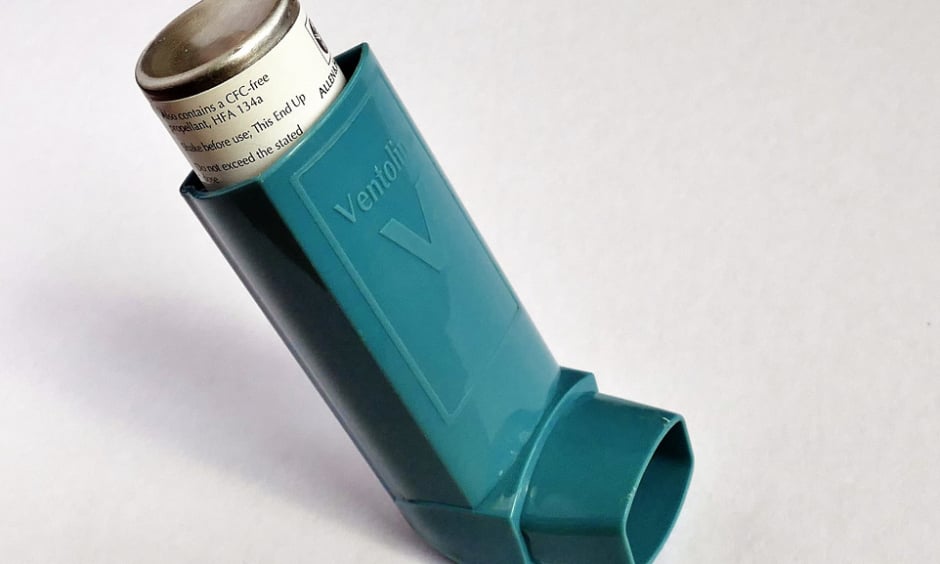ASTHMA EXACERBATIONS may soon be better understood and managed thanks to a new generation of smart inhalers that feature novel technology developed by researchers at Propeller Health, Madison, Wisconsin, USA.
A new device developed by Propeller Health includes a sensor that attaches to a rescue inhaler to automatically record information about when and where the inhaler is used. These data can then be compared to information about the environment at the time and place where the inhaler was used. This allows patients to gain a further understanding about the conditions that may have triggered their asthma attack, and, therefore, learn how to manage such conditions to avoid future exacerbations.
The monitoring sensor was tested in a study across Louisville, Kentucky, USA, involving >1,100 asthmatic patients. After 12 months of testing and automated information recording, it was found that the patients experienced a 78% reduction in the use of rescue inhalers and noted a 48% increase in symptom-free days. Meredith Barrett, Vice President of Research at Propeller Health, said that, compared to user-reported data previously kept in paper or web-based diaries, the sensor provides a high level of accuracy that has previously not been possible to achieve.
In addition, the results from the study have promoted a number of recommendations for Louisville, which has been named one of the top 20 most challenging cities for patients with from asthma by the Asthma and Allergy Foundation of America (AAFA), to improve the environment for asthmatics. Recommendations included reduced tree removal, improved tree canopies in the city, new lorry routes, and zoning regulations that create air pollution buffers. A community asthma notification system has also been suggested, which will help the patient community to monitor exacerbations and the environment conditions that may trigger them. Improvements such as these could be implemented across more cities where asthma prevalence is high and will help asthmatic patients better manage their condition, and as such, experience a better quality of life.








